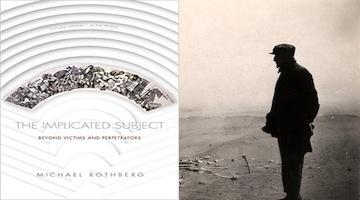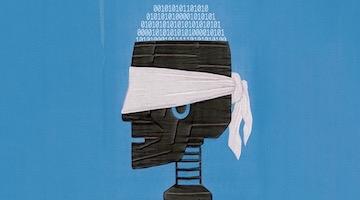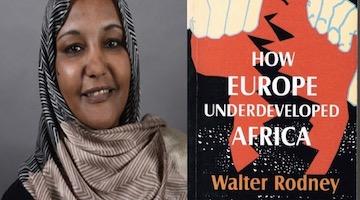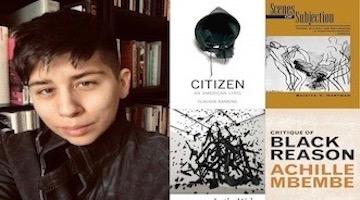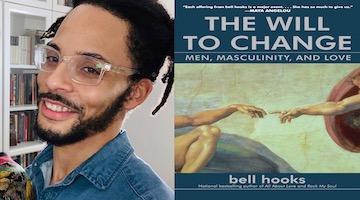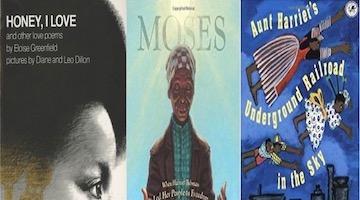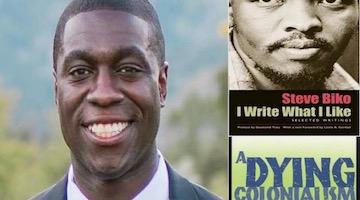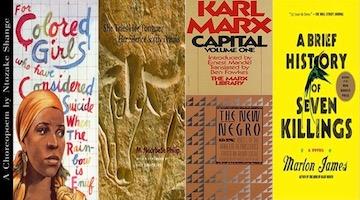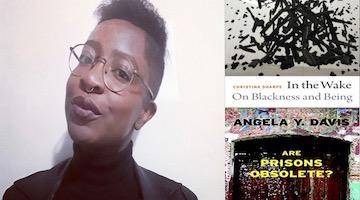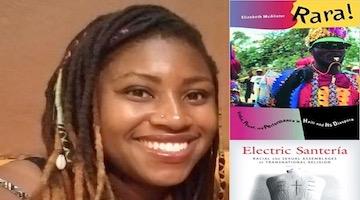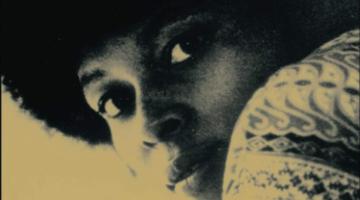The question of where to search for the histories of Black people in the diaspora, is of paramount importance.
“Freedom and unfreedom are not binaries.”
In this feature, we ask educators to list books they most enjoy teaching in their communities. Contributors include professors, graduate students, artists, journalists, organizers, activists, and other community leaders. Readers of the Black Agenda Report understand that the university classroom isn’t the only place where learning happens. Submissions therefore include lists of books that are taught at community workshops, mosques, churches, prisons, libraries, the local preschool, or even a weekly book study on one’s front porch. This week’s contributor is Alaina Morgan.
Silencing the Past: Power and the Production of History, by Michel Rolph-Trouillot
Michel Rolph-Trouillot’s book about the Western academy’s failure to recognize the incredible reality of a slave uprising transforming Saint Domingue into the only Black ruled nation in the Atlantic word upended the way that I thought about the impact that historians can make, and the ways that their production can be instrumental in uncovering silenced histories of marginalized power and agency. As a first-year graduate student, I found Trouillot’s writing not only instructive but transformative for thinking about the ways that archival preservation – from decisions on which pieces to retain to how to organize those materials – can act as a barrier to discovering marginalized actors in official archival sources and the critical importance of the descendants of those marginalized people adding new perspectives to the preservation and production of historical materials. When I introduce Trouillot to my students they are often blown away at the mere idea that the Haitian Revolution happened, but even more so at France’s attempts to marginalize Haiti economically and politically as punishment and as a way to temper their own embarrassment at defeat. Silencing the Past teaches students to be critical of archives as well as to understand that for histories of Black people in the African diaspora, creativity in where we search for this information is paramount.
The Meaning of Freedom: Race, Labor, and Politics in Jamaica, by Thomas C. Holt
I teach a variety of courses related to the lives and experiences of African descended people in the Americas, but they all begin and end with the same premise: regulation and use of the Black body by imperial governments and powerful white people did not stop with the end of formal enslavement. Instead, the end of chattel slavery in the Americas necessitated a series of laws and legal arrangements that ensured the availability of free and inexpensive labor and the control of Black bodies. Holt’s book details the ways that the formerly enslaved exited slavery simply to be conscripted into newly exploitative means of controlling their labor through required apprenticeships. When they collectively rebelled, colonial administrators first made use of brutal workhouses and finally, South Asian labor, arguing that the newly freed were lazy, uncontrollable, and ungrateful. This book was published in 1991, but it remains to me a classic and essential piece of historical literature that demonstrates that freedom and unfreedom are not binaries, but instead that freedom is held in degrees and within societal legal constraints. Regardless, Black people never have and never will accept their subjugation. The Meaning of Freedom shows students the obstacles placed in front of newly freedmen and women in the Atlantic world, but also encourages them to question what freedom is and whether any of us truly have it.
The New Jim Crow: Mass Incarceration in the Age of Colorblindness, by Michelle Alexander
Beginning with the period immediately after emancipation, I try to demonstrate to students the long history of laws in the United States targeting African-American mobility and the existence of government perpetrated and government sanctioned violence. In my Race and the Carceral State class, we explore the ways in which the American government has used not only jails, but also parole, police brutality, sanctioned mob violence, and migrant detention as ways to reaffirm white supremacy and subjugate populations of color. Michelle Alexander’s The New Jim Crow always makes it on my syllabus because it is clear, concise, data driven, and easy to read. Alexander makes a compelling case that the laws which came out of Reagan’s War on Drugs reinscribed a “Jim Crow” America in which Black Americans remained second class citizens. Alexander demonstrates the effects of anti-drug public policy on incarceration rates of Black people and how these rates negatively impact the Black community more generally in terms of disenfranchisement, impoverishment, and the psychological effects on the Black family. Students who come into class thinking that “laws are laws” and that “people who break laws should be imprisoned” quickly reconsider their opinions when they realize the disparate racial impact of race neutral laws, and the continued impacts of incarceration on the lives of Black people after release from prison.
Exchanging Our Country Marks, by Michael Gomez
Exchanging Our Country Marks, like The Problem of Freedom is a classic which goes on nearly every syllabus I teach, whether the class is African-American History or about Islam in the Americas. The reason for this is two-fold. One, I want students to understand the agency of enslaved Africans in creating for themselves an African-American identity. Students often do not think about the processes of identity formation that happened among African-Americans after the trauma and rupture of the Middle Passage. Older theses that posited that enslaved persons were separated from their countrymen and placed randomly in slave ships reinforced the idea that African culture and identity played a minimal role in the formation of a new African-American culture. As Gomez makes clear, conversations across disciplines and research areas make it possible to see these retentions and the critical importance of African cultural practices among enslaved persons pre- and post-emancipation. Not only was Exchanging Our Country Marks one of the first books to do this, it is still one of the only books to do this. Two, returning to my obsession with archives, Gomez’s use of such different archival materials and his linguistic training in West African languages is nothing less than masterful. In teaching about archives, I train my students to be suspicious and creative and to read archives against the grain for a different purpose for which they were intended.
Bengali Harlem, by Vivek Bald
I assign Bengali Harlem for three reasons. One, like Gomez’s Exchanging Our Country Marks, the archival base is rich and creative. Bald combed over hundreds of immigration port entries, ship manifests, property rental records, and marriage certificates to attempt to uncover the history of Punjabi migration to the United States in the 19th and 20th centuries, and to add their stories to the corpus of American immigration literature. In addition, Bald himself conducted a series of oral histories, some of which are contained on an accompanying website, http://www.bengaliharlem.com. In this way, this monograph makes it easy to make a point about the critical importance of diligent and creative archival work, while demonstrating to students how sharing those sources with the public and mapping them digitally can be enriching and rewarding. Second, before I read this book I had never heard of these early Punjabi immigrants to Harlem, New Jersey, and New Orleans. Neither have my students – even those who are from the communities that he writes about. This makes a good opportunity to ask – why don’t we know about these histories, and why are they hidden? Returning to the issue of archival silence, we explore how and why certain populations are left out of American immigration narratives. And third,Bengali Harlem gives us an opportunity to explore both the malleability of categories of race and the way that our current understandings of race and racial identity often hide certain actors in plain sight. Bald makes a point of discussing how these Punjabi immigrants, while playing up their Indian identity for customers buying their textiles, would live in African-American communities, take Black and creole wives, and produce biracial children. I can’t see taking Bengali Harlem off of my syllabus anytime in the near future, and I think my students would create their own insurrection if I did!
Alaina Morgan is Assistant Professor in the Department of History at USC.
COMMENTS?
Please join the conversation on Black Agenda Report's Facebook page at http://facebook.com/blackagendareport
Or, you can comment by emailing us at comments@blackagendareport.com

